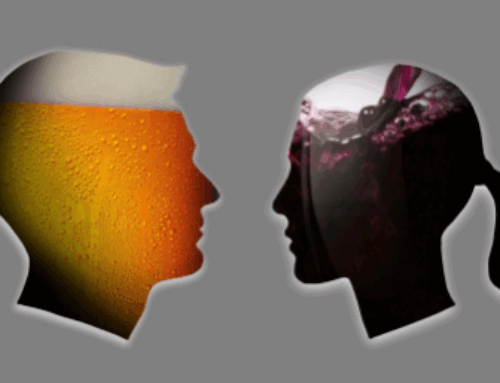Addiction recovery is a complex journey, marked not only by physical challenges but also by the psychological battle against cravings. Understanding what drives these cravings and how to manage them is crucial for anyone navigating recovery.
Understanding Cravings and Mental Triggers in Addiction Recovery
Cravings, often referred to as urges, represent a powerful desire to use substances such as alcohol or drugs. These cravings can be triggered by a wide array of psychological factors: depression, loneliness, anxiety, boredom, or even excitement. For instance, someone might crave substances during moments of stress or to enhance a celebration, demonstrating that cravings aren’t exclusively tied to negative emotions.
Environmental and social factors also play a significant role. Triggers can include specific places, people, or situations associated with past substance misuse. Physical withdrawal symptoms or illness can further exacerbate cravings, making the experience multifaceted and challenging.
Differences Across Substances
Different substances can influence the nature of cravings in various ways. For instance, the withdrawal symptoms and subsequent cravings for depressants, such as alcohol, may differ from those associated with stimulants. The type of substance used can dictate how cravings manifest and how one might manage them.
Common Misconceptions
It’s a myth that cravings are a sign of weakness or failure in recovery. Cravings can persist long-term and aren’t necessarily indicative of poor progress. For example, the recent global pandemic highlighted how external stressors could increase cravings even for those in long-term recovery. Understanding that cravings are a normal part of the recovery journey can alleviate unnecessary self-blame.
Addressing Mental Health
Mental health is closely linked to managing cravings in addiction recovery. For some, psychiatric medications may be necessary to stabilize mood and reduce symptoms that trigger cravings. Mindfulness and stress management techniques can also support emotional regulation and decrease craving intensity. Addressing co-occurring disorders and integrating holistic approaches like regular exercise and a balanced diet can further enhance overall wellbeing and recovery success.
Strategies for Managing Cravings in Addiction Recovery
You can effectively manage cravings to maintain progress in recovery. Here are some strategies to consider:
- Normalize and Accept: Recognize that cravings are a normal part of recovery. They can occur at any stage, whether in early recovery or years later. Removing the associated shame and understanding that cravings are part of the recovery process can be empowering.
- Mindfulness Techniques: Employing mindfulness techniques such as “urge surfing” can be beneficial. This involves observing the craving without judgment and allowing it to pass, like riding a wave. This approach helps recognize that cravings are temporary and can diminish over time.
- Practical Measures: Track the consequences of substance misuse and the benefits of remaining in recovery. Writing these down or discussing them with a supportive person or group can help reinforce the reasons for staying on the path to recovery.
- Reach Out for Support: Connecting with your support system, whether a recovery group, family, or friends, can provide valuable emotional support. Seeking professional help from a therapist or care team can also address underlying mental health issues that may be contributing to cravings.
Implement Tools for Success
While cravings can be a challenging aspect of addiction recovery, understanding their origins and implementing effective management strategies can significantly aid in maintaining progress. By normalizing cravings, employing mindfulness techniques, and leveraging support systems, you can better navigate your recovery journey and work towards lasting change.
If you or a loved one are struggling with addiction or co-occurring disorders, call the New England Recovery Center today at 1-877-MyRehab.










